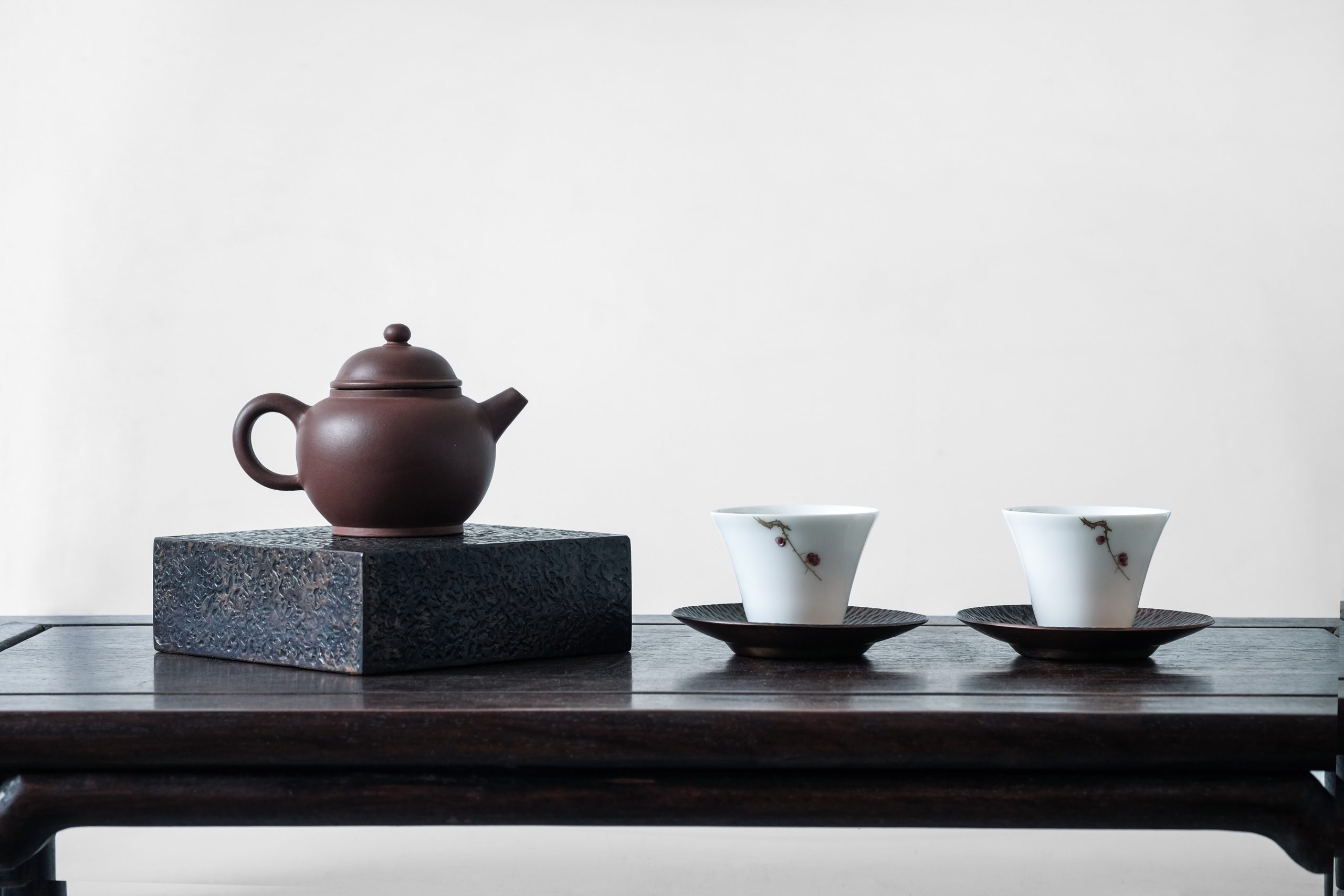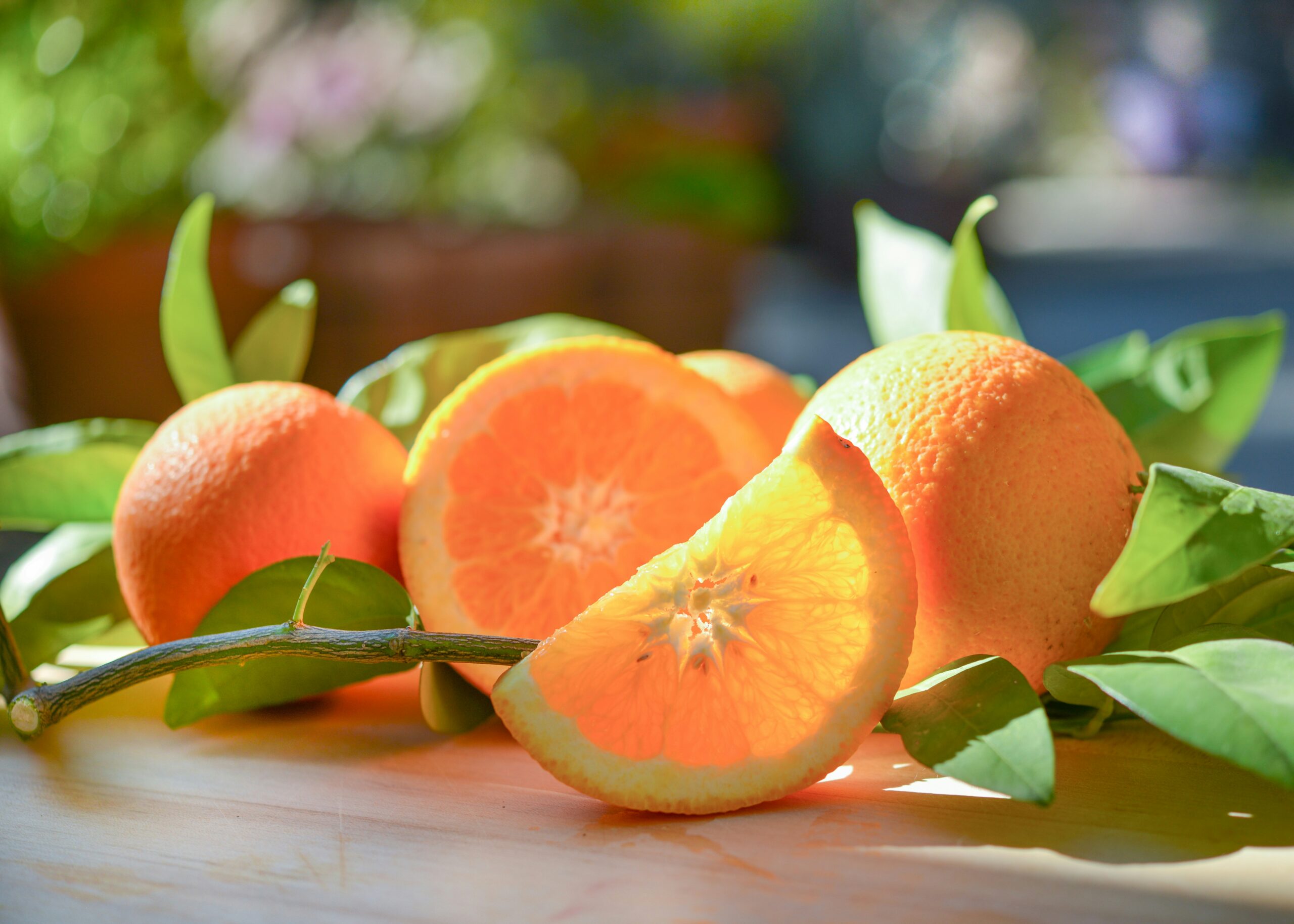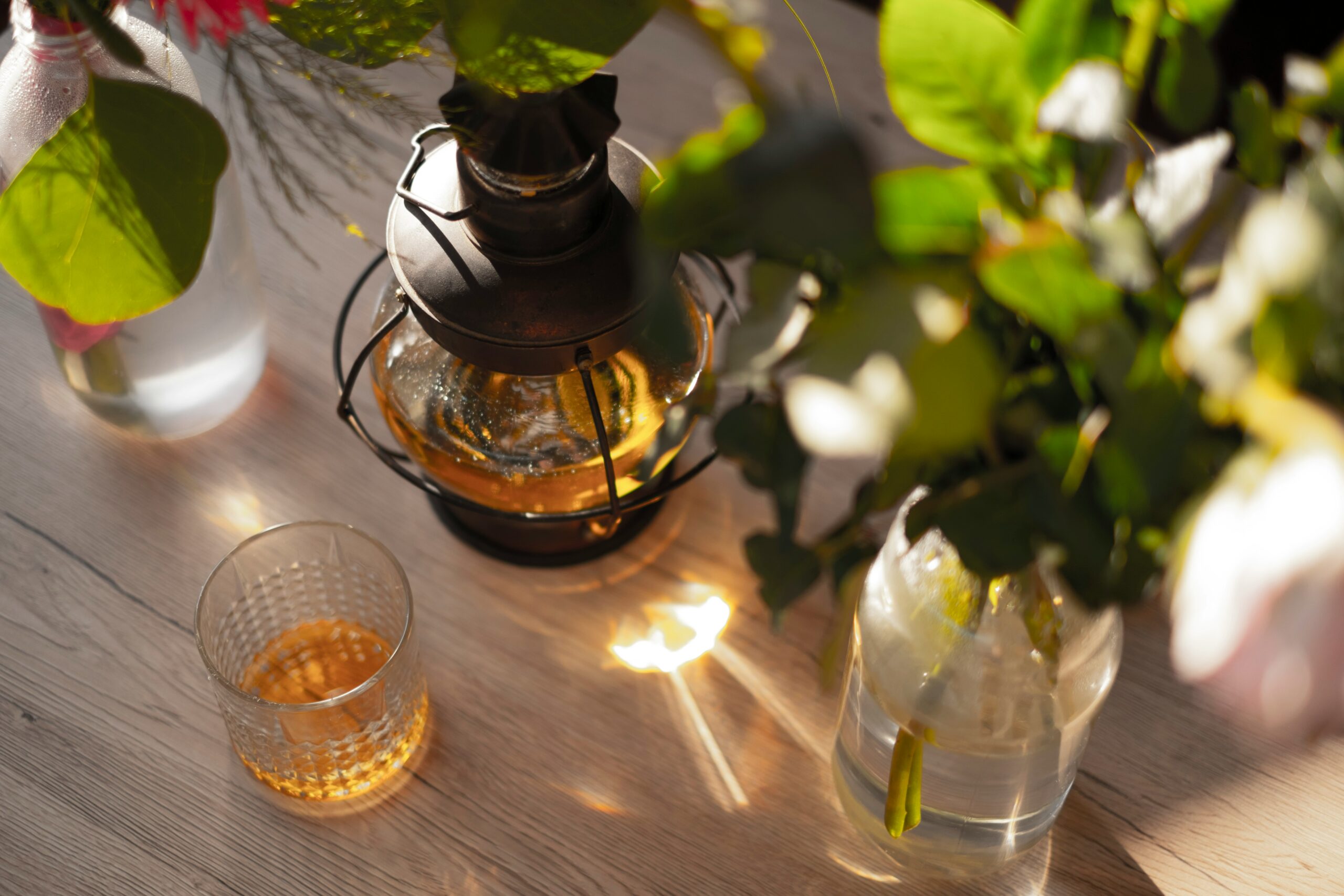Darjeeling Tea and the Muscatel Flavor: Unveiling the True Nature of the Muscatel Aroma
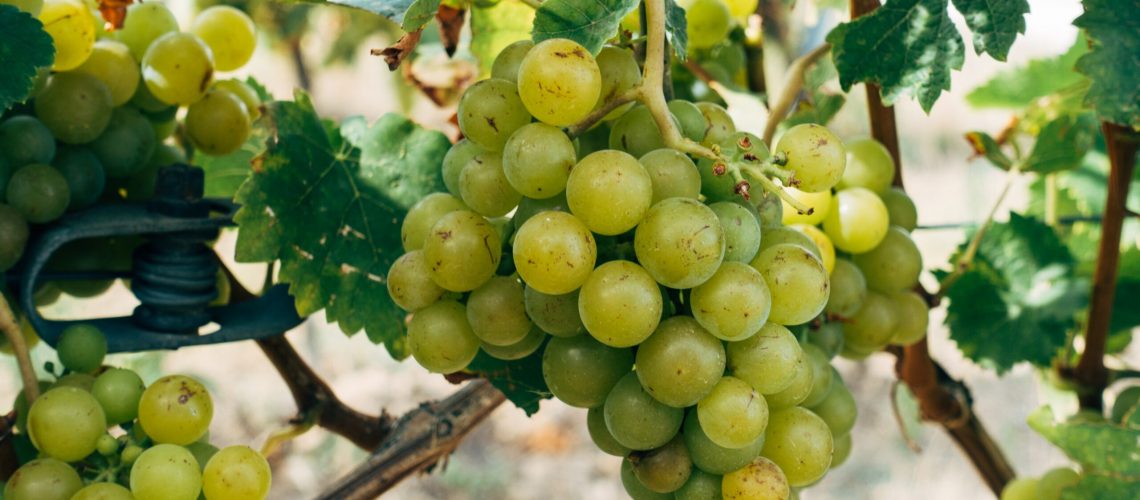
The term “Muscatel flavor” is often used to describe the aroma of Darjeeling tea. Some people interpret “Muscatel flavor” as a muscat-like aroma, while others argue that Muscatel actually refers to a musk-like scent. While describing it as muscat might seem more straightforward, describing it as musk adds a romantic touch.
In this article, we will explore the meaning of “Muscatel flavor” from the perspectives of English, Hindi, and aromatic components to find a provisional answer.
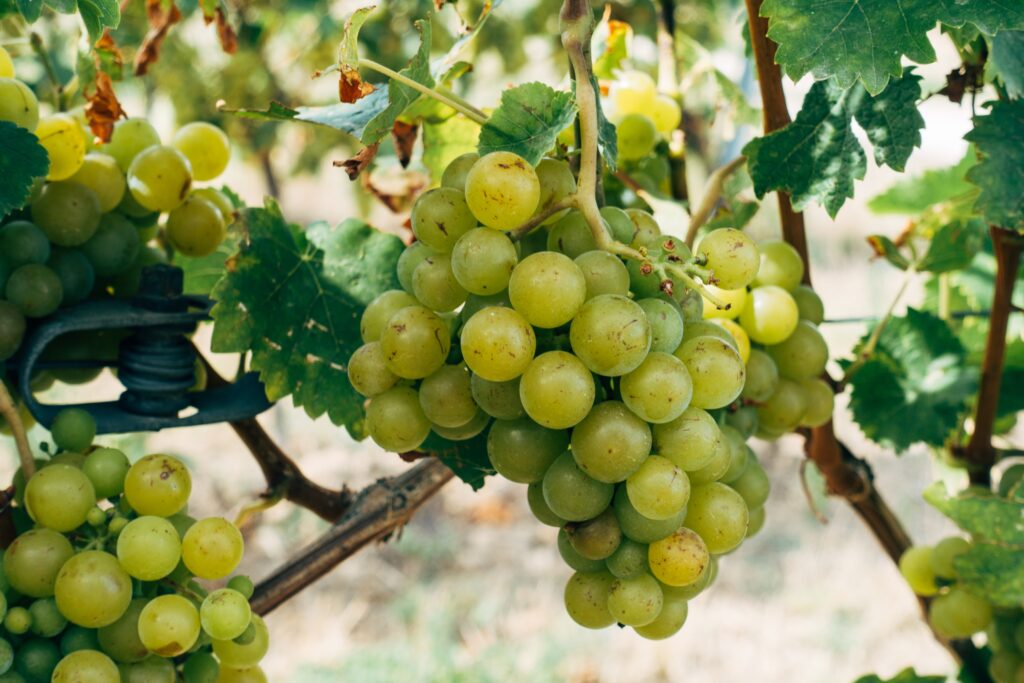
Here’s a breakdown of the investigation into the “Muscatel flavor” of Darjeeling tea:
Conclusion:
The “Muscatel flavor” in Darjeeling tea actually refers to a muscat-like aroma. Darjeeling tea contains aromatic components similar to those found in grapes.
Background of the Investigation:
1. Investigating the English Meaning of Muscatel
To understand the term “Muscatel,” we start by consulting dictionaries. According to the Cambridge Dictionary:
- Muscatel:
- A sweet wine made from muscat grapes.
- A type of grape (small, round, green, or purple fruit) or a large raisin made from this type of grape.
This suggests that the muscat-like aroma theory gains credibility. Next, let’s explore the musk theory.
Musk in the Cambridge Dictionary is described as:
- A natural substance with a strong, sweet smell.
While musk is also used to describe a sweet aroma, the idea that “Muscatel” might derive from “musk” lacks convincing support for several reasons:
- Spelling Difference: In English, “musk” is spelled with a “k,” while “Muscatel” uses a “c.” If the term “Muscatel” were derived from “musk,” it would likely be spelled as “Muskatel.”
- Dictionary Entries: “Muskatel” is not found in dictionaries. The term “Muscatel” consistently relates to muscat grapes or flavors.
2. Investigating the Term in Hindi
Since Darjeeling tea is from India, it could be useful to check if there’s any Hindi connection. We reached out to our Indian team to find out if “Muscatel” or “Muscat” has any specific Hindi equivalent or if there are any official documents in Hindi regarding the flavor.
For those puzzled by the mention of an Indian team, you might find this article insightful.
Is Darjeeling Tea’s Muscatel Flavor Really Muscat Grape? Unveiling the True Nature of Muscatel Flavor
First, the Answer:
The term “Muscatel flavor” in Darjeeling tea refers to a muscat grape-like aroma. Darjeeling tea contains aromatic compounds similar to those found in grapes.
Now, let’s explain the background of the investigation:
1. Exploring the English Meaning of Muscatel
When investigating terms with various interpretations, the first step is to consult dictionaries. According to the Cambridge Dictionary:
- Muscatel:
- A sweet wine made from muscat grapes.
- A type of grape (small, round, green or purple fruit), or a large raisin made from this type of grape.
This suggests that the muscat-like aroma theory gains credibility. Next, let’s explore the musk theory.
Musk in the Cambridge Dictionary is described as:
- A natural substance with a strong, sweet smell.
While musk is used to describe a sweet aroma, the idea that “Muscatel” might derive from “musk” lacks convincing support for several reasons:
- Spelling Difference: In English, “musk” is spelled with a “k,” while “Muscatel” uses a “c.” If “Muscatel” were derived from “musk,” it would likely be spelled as “Muskatel.”
- Dictionary Entries: “Muskatel” is not found in dictionaries. The term “Muscatel” consistently relates to muscat grapes or flavors.
2. Investigating the Term in Hindi
Since Darjeeling tea is from India, it could be useful to check if there’s any Hindi connection. We reached out to our Indian team to find out if “Muscatel” or “Muscat” has any specific Hindi equivalent or if there are any official documents in Hindi regarding the flavor.
For those puzzled by the mention of an Indian team, you might find this article insightful.
Summary of Investigation:
Based on the English, Hindi, and aromatic components perspectives, it appears that “Muscatel flavor” refers to a muscat grape aroma. However, there is still a certain romantic charm to the theory that it might originate from musk.
The aroma of tea is very complex, and while we didn’t find evidence of musk in this investigation, it’s possible that musk-like aromatic components might be present in Darjeeling tea. If that were the case, the term might be “Musk Flavor” rather than “Muscatel Flavor.”
This concludes our investigation into Muscatel flavor for now. If anyone has additional information, please contact us at hello.japan@load-road.com. Let’s continue exploring the essence of Muscatel flavor together!
References: Michiko Kawakami, Scion Sarma, Kyoko Himizu, Yuko Konishi, and Akio Kobayashi, “Aroma Characteristics of Darjeeling Tea”
teploのメールマガジンに登録
お茶に関する旬な情報や豆知識を漏れなく受け取りたい!そんな方は以下の登録フォームでメールアドレスをご登録ください。
teploから最新の情報をメールマガジンでお送りいたします。
(※1) プライバシーポリシーを必ずお読みいただき、ご同意の上、登録してください。
(※2) info@load-road.comおよびhello.japan@load-road.comからのメールが受信できるようにご設定ください。
